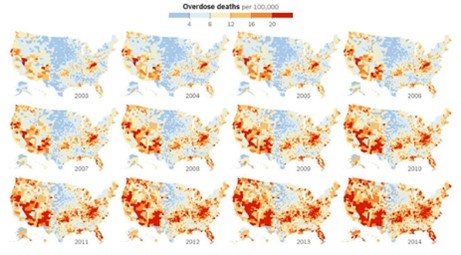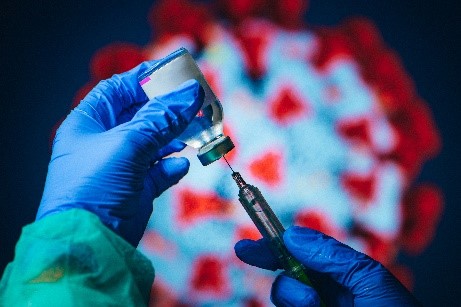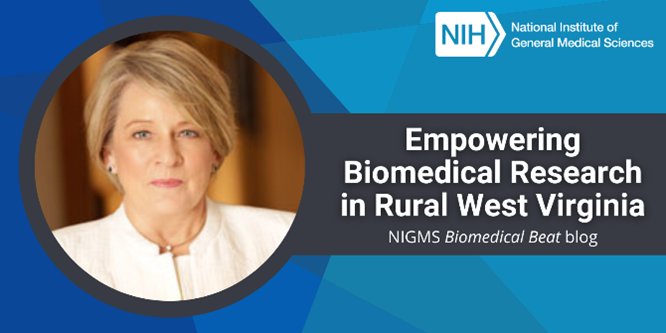Public health crises often disproportionately impact rural America. Sally L. Hodder, M.D., works to alleviate these disparities, especially regarding the opioid crisis and the COVID-19 pandemic. She’s the director of the West Virginia Clinical and Translational Science Institute (WVCTSI), the associate vice president of clinical and translational research, and a professor of medicine at West Virginia University.

Dr. Hodder’s work is focused in West Virginia, but her results are valuable assets to researchers across the country. Not only does treating chronic diseases in rural populations contribute to the overall understanding of those diseases, but engaging with and involving people in those communities in research makes science more accessible to them. Dr. Hodder says, “When folks participate in the science, when there is good community discussion about the trial designs and the results, then I think those populations may be more trusting of the results.”
At our upcoming virtual 2022 DeWitt Stetten Jr. Lecture on
November 30 at 3 p.m. ET, Dr. Hodder will present her talk “Biomedical Research in Rural America: Much Accomplished, Much to Do.” She’ll share insight on the WVCTSI’s innovative treatment of substance use disorder using deep brain stimulation, as well as results relating to the epidemiology of SARS-CoV-2—the virus that causes COVID-19—and treatment of the disease. Before you tune in, check out these two posts about Dr. Hodder’s work.
 Credit: New York Times article, Jan. 19, 2016.
Credit: New York Times article, Jan. 19, 2016.
Americans Fighting the Opioid Crisis in Their Own Backyards
The opioid crisis has severely impacted rural populations. We spoke to Dr. Hodder and two other leaders of NIGMS-funded programs that prioritize opioid addiction research. They shared how they were helping rural communities in their states.
 ACTIV clinical trials evaluated the safety and efficacy of COVID-19 treatments and vaccines. Credit: iStock.
ACTIV clinical trials evaluated the safety and efficacy of COVID-19 treatments and vaccines. Credit: iStock.
COVID-19 Vaccine and Therapeutic Trials ACTIV-ate in West Virginia
The NIH-supported Accelerating COVID-19 Therapeutic Interventions and Vaccines (ACTIV) partnership coordinated nationwide clinical trials of COVID-19 treatments and vaccines. NIGMS-funded clinical and translational research networks stepped up to help these trials reach underserved areas and populations. We talked to Dr. Hodder about how her network recruited people from rural parts of West Virginia in clinical trials.
The West Virginia Clinical and Translational Science Institute is supported by the Institutional Development Award through NIGMS grant U54GM104942.







